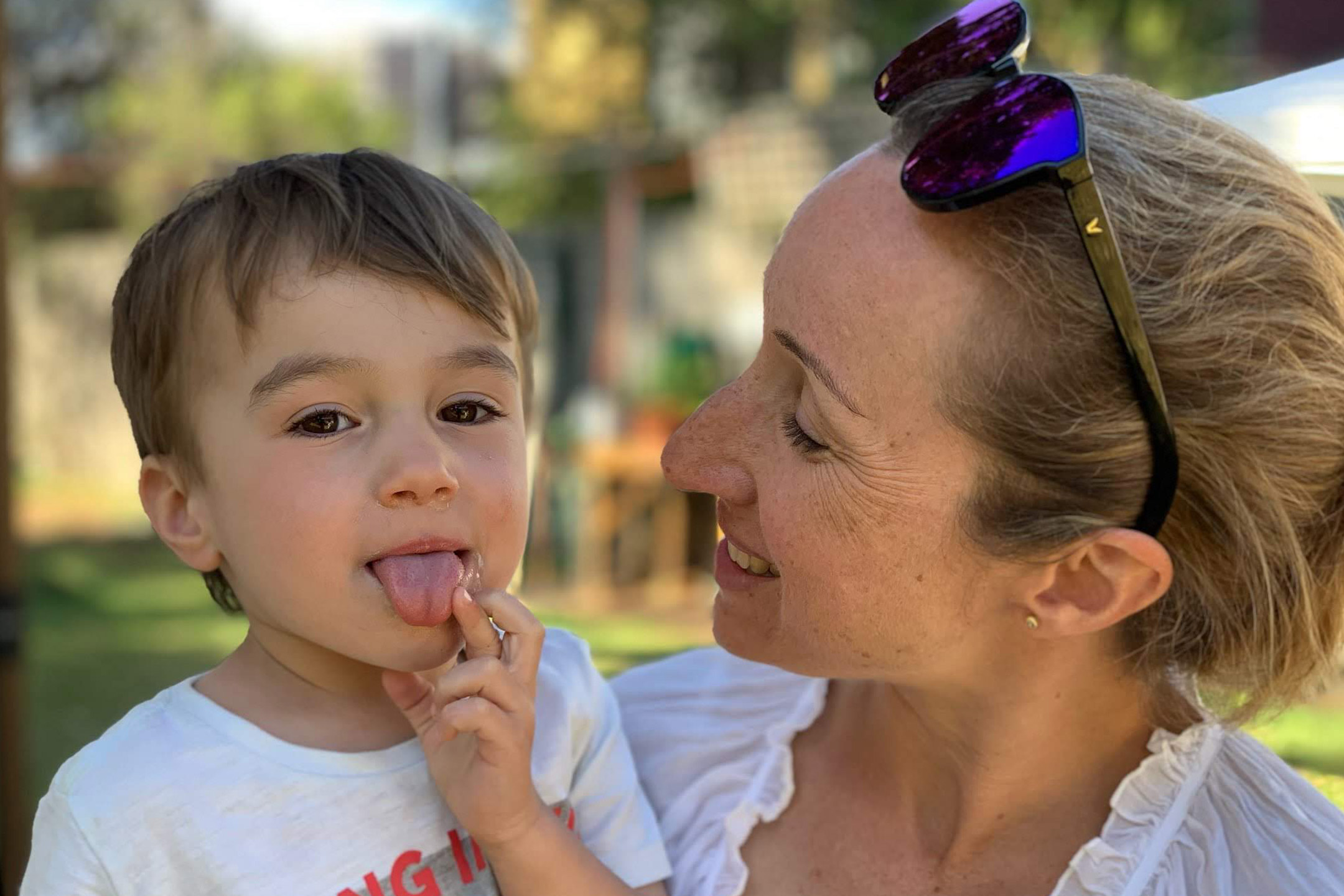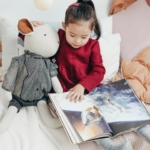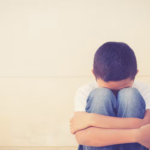
09 Nov My toddler wasn’t talking. He was diagnosed with a condition I had never heard of.
Around two children in every Australian classroom of 28 will experience difficulties with speech, listening, following instructions, and putting sentences together for no known reason.
This was the experience of Australian mother Katrina Lacey, who suspected her toddler son was not speaking like other kids his age.
“Jett was about three years old, and I knew something wasn’t right. He wasn’t talking anything like his older sister was at that same age,” Ms Lacey said.
“You could give instructions and he could only process one instruction at a time. He wasn’t blending words completely and he was only speaking in singular words. It was like talking to a child of a much younger age.”
After speaking to a GP and being referred to a speech pathologist, Jett was diagnosed with Developmental Language Disorder (DLD).
People with DLD will often find it hard to learn new words, struggle to remember what they’ve been told, struggle to follow instructions and have trouble with reading, writing and having conversations.
In some ways, life was harder after receiving the diagnosis.
DLD is a lifelong disability, and the reality of this weighed heavy on Katrina’s shoulders.
“I spent a lot of time blaming myself. I tried to find reasons for what I had done wrong that had caused this. I worried that he would never improve, and I felt helpless,” Ms Lacey said.
She recalled the numerous times she would be in tears, thinking her son would never be able to talk like his peers.
Children with DLD are just as intelligent as their peers, but without support, they are at increased risk of struggling at school, mental health issues and may find it hard to get a job.
Affecting 1 in 14 Australians, DLD is seven times more prevalent than autism, yet most people have never heard of it.
“I had never heard of Developmental Language Disorder before Jett was diagnosed. I can’t believe it is so common, but no one is talking about it,” Ms Lacey said.
“I’m so thankful it was picked up early for Jett, because I think he may have been misdiagnosed with another condition, or even labelled as ‘naughty’.”
After years of speech therapy, Jett (now seven years old) is now speaking confidently and learning to read and write.
“After therapy, Jett came along in leaps and bounds. There are no limitations in his life now, and people don’t even know he’s had speech issues. He does struggle with his school work but he’s getting more confident with continued support.”
If you suspect your child might have DLD:
It’s crucial to seek professional assistance. Consult a general practitioner who can refer you to a speech pathologist like Shaun Ziegenfusz. Early diagnosis and intervention are key to helping children improve their language skills.
Kids with DLD might face difficulties learning new words, recalling information, following instructions, reading, writing, and engaging in conversations. These challenges can affect their educational and social development.
DLD is often underdiagnosed or misdiagnosed, and many people are unaware of its existence. It’s less well-known than conditions like autism, dyslexia, and ADHD.
As a parent, it’s natural to experience feelings of concern and guilt if your child has DLD. However, it’s important to remember that with the right therapy and support, children with DLD can make significant progress and lead fulfilling lives.
It’s also worth noting that DLD can coexist with other conditions, such as ADHD or dyslexia, making it even more complex to identify and address.
DLD is a hidden disability that affects many children.
Parents and caregivers should be aware of the signs, seek early intervention, and understand that with appropriate support, children with DLD can make significant progress and thrive. Raising awareness and offering support are vital steps in ensuring that children with DLD receive the assistance they need to overcome their challenges.
For more information, visit: Developmental Language Disorder




